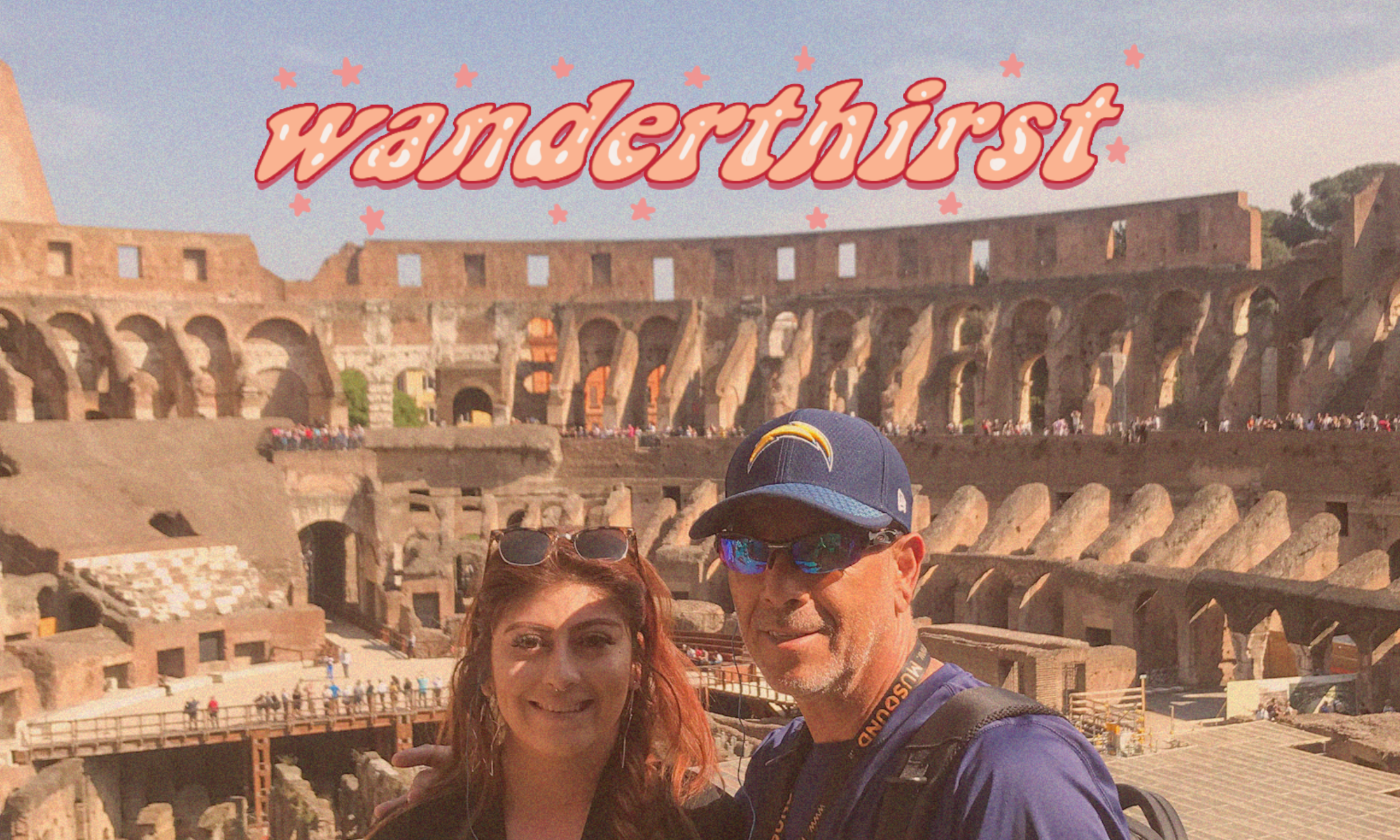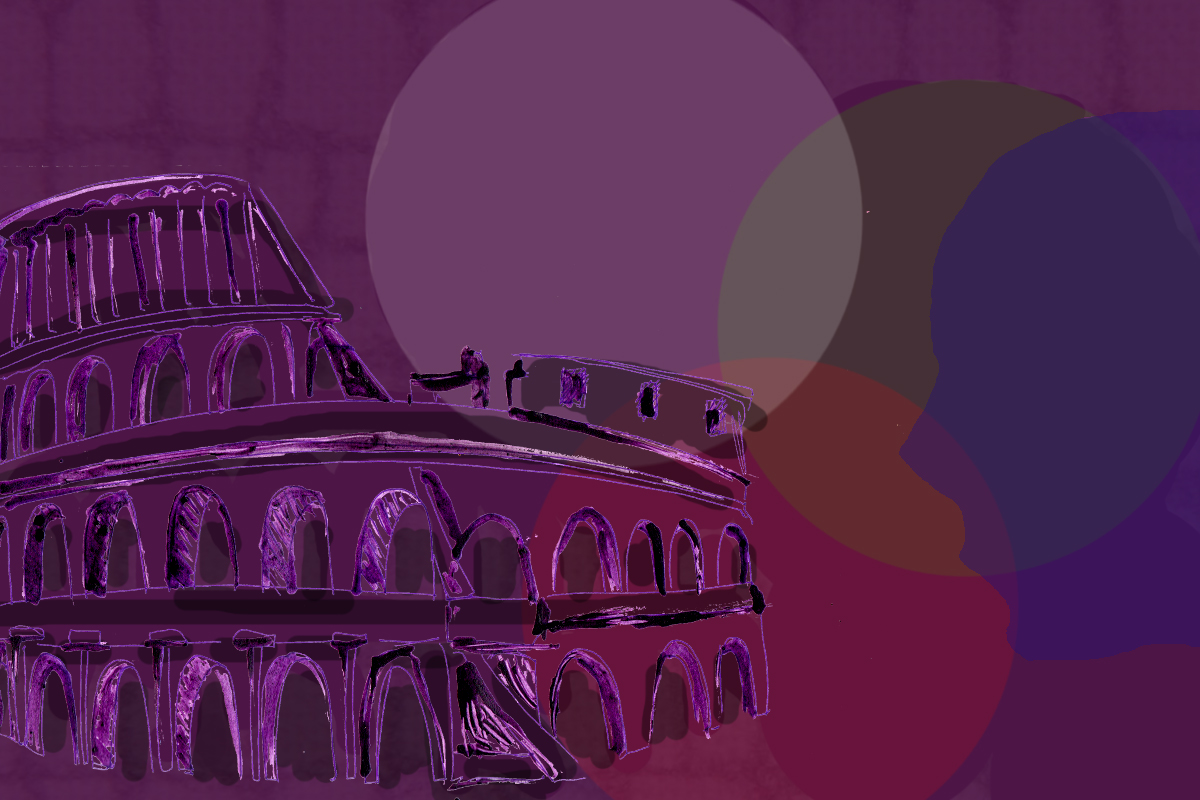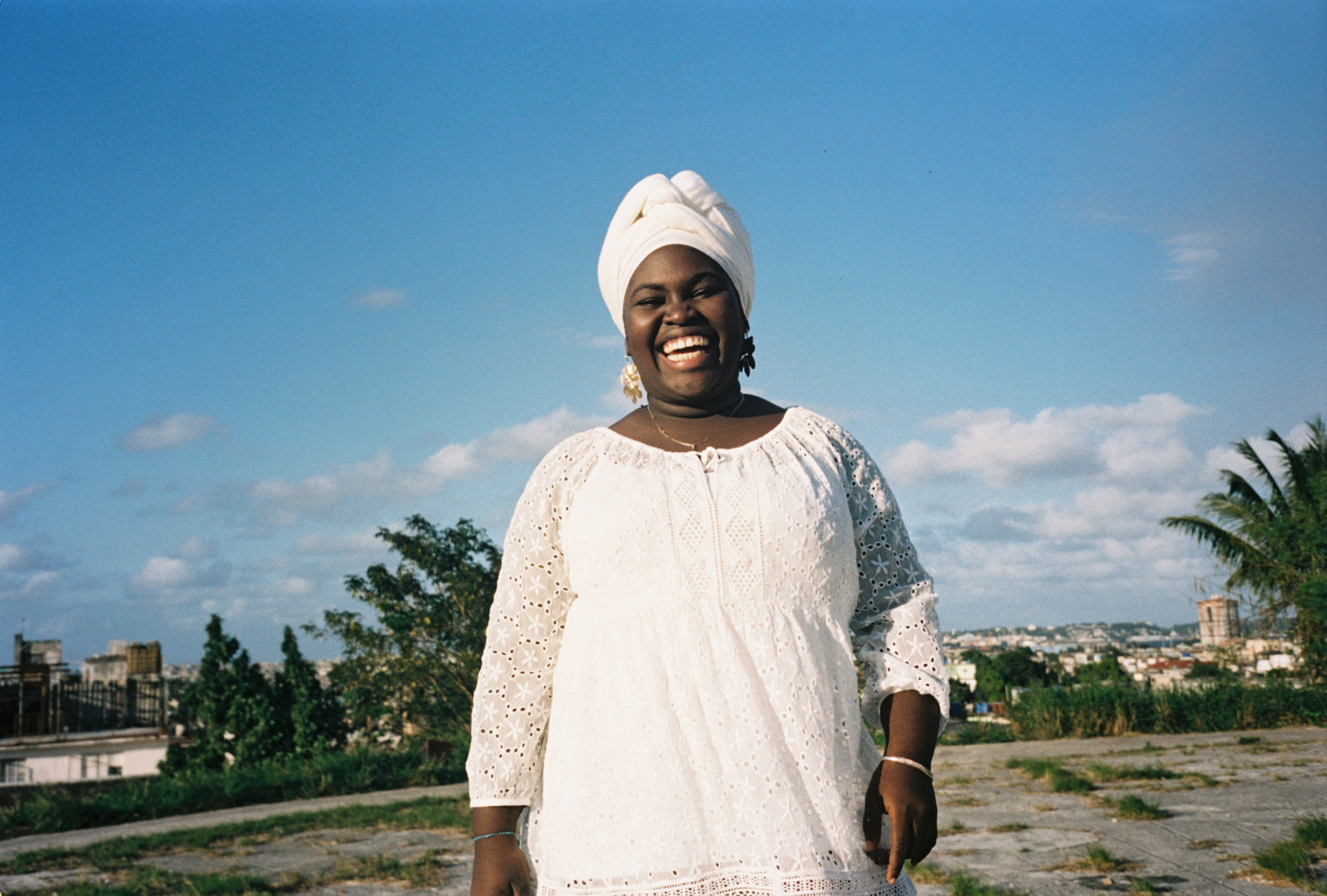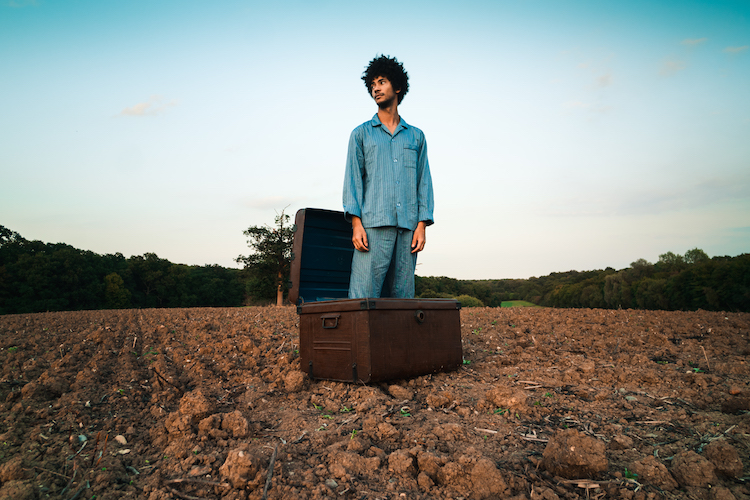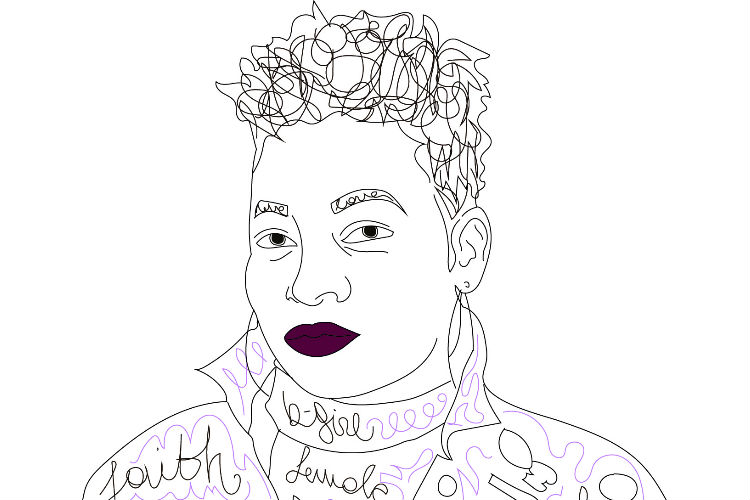
Photography by Chris Almeida
Shunaji defies categorisation. In the past year she’s been carving out a niche for herself – an eclectic one, but a niche all the same.
From Rome but now based in London, in May she released her second EP, Blue Moon, a wide ranging exploration of sexuality, gender and autonomy. Her single ‘Nighthawks’, based on the Edward Hopper painting – a song which she’s given the acoustic treatment on the new instalment of the Future Bubblers compilation series – slides between sultry jazz and playful rap, accompanied by stunning visuals. She’s since spent the summer touring around festivals, ranging from Glastonbury as part of their crop of new talent, to the intimate, underground Torstassen festival in Berlin.
In a café in Dalston, I caught up with Shunaji over green tea. We talked music, life in Italy, and the importance of sharing our sadness.
gal-dem: You’ve played a lot of shows this summer, how was that?
Shunaji: I’m independent, so I’m stage managing myself, doing all my own admin. I’ve had to learn a lot, but I wanted to do that groundwork, get new audiences. So now, I’m back home, looking forward to mulled wine.
Has music always been a part of your life?
I’ve always been singing, writing – you know when you’re a teenager, you start to find your hobbies, things that you like to do? I’ve always had an interest in music, but I was a real indie rock kid – I also loved screamo, trip hop, a little bit of everything. Then I got to like 22, 23, and I was like yeah, I’d like to pursue this because I’ve been studying law for three years, and I was in London, so I started messing around with my computer, and then applied to Future Bubblers, and got in – so that was kind of the journey, learning more about production. It’s been gradual, and there’s been a good pace.
How did you get into production – did you take courses, or did you kind of follow your gut, or was it a mix of both?
For me, it was kind of looking at tutorials and getting the software, and it was going online, and going, how do you do this? I grew up with the DIY Internet thing, so that was pretty much it. When I started, it was easier in a way because you got to kind of do what you want, whereas now because I’m listening to other producers, I’ve got these standards – but before, it was like, I can do whatever I want, I’m just discovering sounds, leading to a freeform approach, which was really cool.
Do you find there’s a sense of community in South London music, particularly around the emerging jazz scene?
I’ve always been a lone wolf, I’ve never really had a crew and those are things which are formative for a person, in terms of how you see yourself in a community. I’ll be able to integrate or adapt. But I have a lot of friends in the South London music network – Jelly Cleaver, Plumm – a lot of women in music, in that scene that I support.
We all know about the gender imbalance in the industry, so sorry to ask one of those questions – but has it impacted you?
There’s so much of that across genres – I started out in the hip-hop community, where it’s very blatant and obvious that women are considered less deserving of acclaim or praise than most men. I think that it’s the way that the industry is structured, that women struggle a lot more to get that spotlight. I just want to be treated like everybody else. If I make a beat that’s shit, tell me, and if it’s good, also tell me. I was reading the other day about Björk, and how there are people who assume that she doesn’t make her music – and she’s been doing this for like, 30 years, so I can’t really complain. I’m just beating my own path – I try to do my own thing, have my own standards – and be open to learning from different experiences.
“Women in music are overcoming, so we’re collectively taking up space as opposed to just taking a space”
It seems like there’s this sense that women are looking out for each other too, though.
There’s a lot of sisterhood. At the same time, within the music industry, there’s a sense of scarcity of space – there’s sisterhood and solidarity, but the spaces for women are so sparse in a lot of ways, and there’s a lot of competition as well. But I think that’s something we’re overcoming, we’re collectively taking up space as opposed to just taking a space.
How much more time and energy do you think you could put into your work if you weren’t constantly battling things like that?
Rap does that for me – in terms of expressing those concepts, in a very free way. I can deliver messages to an audience that is listening, educating people about what my standards are and what they should be for others, and I can release my thoughts that way. A lot of women come to me who are inspired by my shows – that’s where I try to focus my energy: uplifting other people, as opposed to adding to the noise in the background.
What was it like growing up in Rome?
It gets quite stagnant – you see the same things, you’re hanging out in the same places, and I was always beyond that. Since I was 13, I used to travel for summer schools and come to London on day trips and be in awe. It was interesting during those formative years. There were a lot of racial misunderstandings in Rome – not a lot of awareness of other cultures, or ethnicities. But at the same time, it’s my home, and it’s where my mom lives, and I do love it every time I go back there. There’s things about Italian culture which are a part of my life, and my identity.
What’s the music scene like there?
Like everywhere else, in Rome there’s definitely people trying to do something and start a movement in certain fields. It’s all kind of coming up, and was coming up at the time I left, but it’s very much a friends thing, invite-only. In London, there’s people making all types of music. You get to collaborate with people you wouldn’t expect to find, and you’re always just interacting with new people.
“A lot of folk and acoustic music writers are holding your hand and telling you it’s fine, it’s okay, we’ve all experienced these feelings collectively. I try to do the same with my music”
What’s your musical process like?
I’ll make a beat, and then try to find a melody, a theme that I like – sometimes I’ll make melodies with vocals, because I don’t read music. I’m not versed in music theory the same way that an instrumentalist is – I use a voice, I like to program drums, think about grooves. I do love electronic music, but I’m trying to bring on live instrumentation as well, so it’s like 50% in the studio, 50% rehearsing. I really like the way that my beats are translated with a band, and they’re all jazz musicians, so they bring something really different and beautiful in terms of the textures. I’d like that to be represented more in my recordings – the more you grow, and experience new things, you have to develop yourself.
There’s some really clear visual influences on your music, and also in general, some references which are taken from art. What kind of things do you like to look at or think about when you’re creating music?
I’m always trying to learn new skills – some of my biggest influences are Björk and Róisín Murphy, because they’re not just focusing on the music, but the whole audio visual experience, and that’s something I want to cultivate too. I like dramatic movies – horror movies because of those feelings of hardship, sadness, depression, anxiety. Those themes are the most relatable even if they’re a bit darker. There’s something universal about sad songs and sad movies – when you’re touched by those movies, or those songs, you feel that connection with that art to something inside you.
A lot of your music kind of moves between these various emotions and moods. Do you consciously think about those emotions when you’re writing and performing?
I want to connect with people, I want them to know they’re not alone. A lot of folk and acoustic music writers – like Elliott Smith – it’s like, they’re holding your hand and telling you it’s fine, it’s okay, we’ve all experienced these feelings collectively. I try to do the same with my music. Sadness, when you share it can be an uplifting experience, and when I let it out, I know I feel better.
Is that what your live shows are like too?
I don’t like making eye contact at smaller venues or intimate gigs, I kind of look at an angle to the audience so I’m looking but not really looking [laughs]. But you’ve got that freedom to let these things out, with no censor, no filter, and hope that someone can catch that, and say like, ‘huh, I felt like that just yesterday’. I love that – I’m like, yes, let’s cry.
Brownswood ‘Future Bubblers 3.0’ is out now. Listen here.

